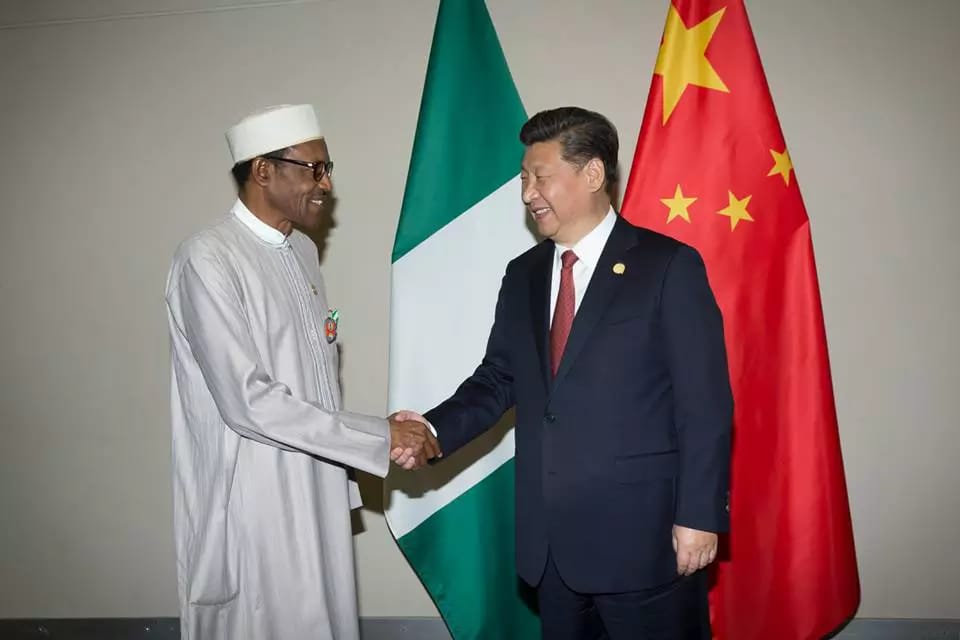The Federal Executive Council (FEC) at an emergency meeting presided over by Nigerian President Muhammadu Buhari, has recently approved an expenditure of N6 trillion for the 2016 budget while pegging the crude oil price benchmark at an all-time low of $38 per barrel.
This budget profile is the highest in the history of the country as it was N4.07 trillion in 2010, N4.22 trillion in 2011; N4.74 trillion in 2012, N4.92 trillion in 2013, N4.6 trillion in 2014 and N5.06 trillion in the current year (including the N574.5 billion approved as supplementary budget).
Speaking after the meeting, the Minister of Budget and National planning, Senator Udoma Udo Udoma, explained that the Federal Government pegged the crude oil benchmark at $38 because it considered it to be very conservative due to the uncertainty in crude oil price. According to him, the government is proposing a N6 trillion budget for 2016 – N1 trillion above the 2015 budget, taking into account the just passed supplementary bill by the National Assembly.
The MAinister noted that the increase in the budget would be spent on capital projects, adding that there is a need to address the infrastructure deficit in the country. He said the increase in the budget will be sourced from increase in non-oil revenues, money from government agencies and a reduction in recurrent spending. He also hinted that the government may borrow to make up for the increase.
Udoma also revealed that the government expected to generate 2.2 million barrels of crude oil per day, just as he affirmed that the government wanted a prudent and credible budget.
“All the increases actually will be spent on capital (goods), because there is the need to increase the capital because of the infrastructure issues that we have to address.
The national planning minister also contended that the government was projecting almost 30% capital projects, up from the 15% or so that it is currently.
“We are projecting about 30% (capital expenditure). We will try and reduce overheads, but keep personnel cost. We are not going to adjust it by much, but we are expecting some savings from the IPPIS (online payment) system which we are using. So we are not cutting anybody’s salary; everybody will get their salaries.”



